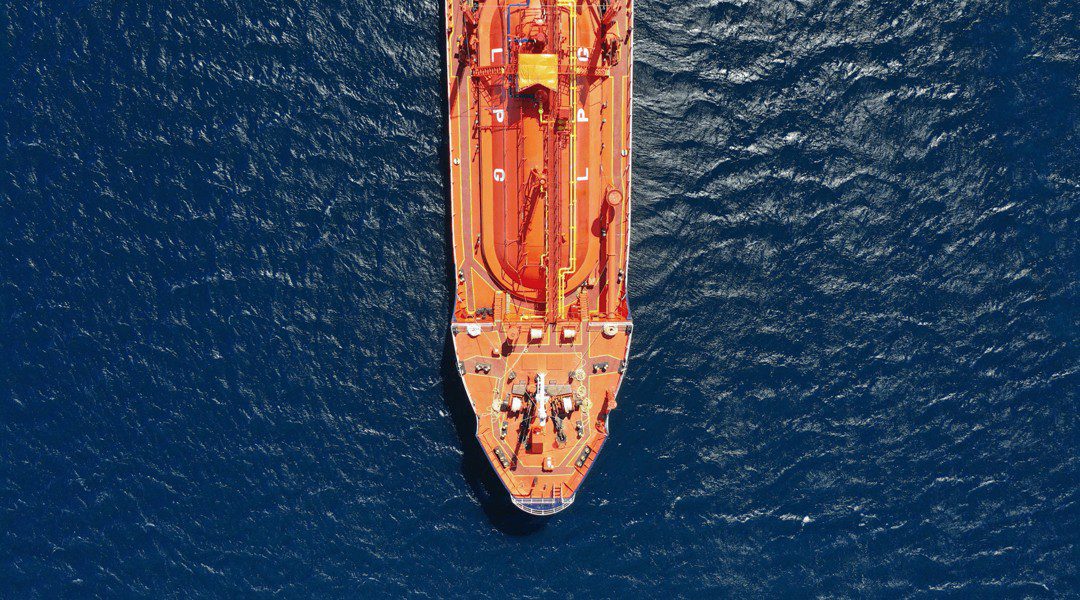Russia has begun halting loadings by foreign oil tankers at key export hubs in the Black Sea. This decision is based on a new port security decree requiring approval from the Federal Security Service (FSB) for all foreign vessels, a move that will disrupt over 2% of global crude supply.
The restriction, which took immediate effect after President Vladimir Putin signed the decree earlier this week, impacts operations at the Caspian Pipeline Consortium (CPC) terminal in Novorossiisk and Yuzhnaya Ozereevka. CPC handles over 80% of Kazakhstan’s crude oil exports.
Until now, FSB clearance was only required for vessels entering ports near Russian naval bases. Under the new rules, all ships “arriving from foreign ports” will need permission from an FSB official in coordination with the port captain.
These stringent measures follow recent port accidents, explosions, sabotage incidents, and drone attacks threatening Russia’s oil infrastructure. Authorities officially cite regulatory violations as the reason, but the timing coincides with heightened domestic security measures and escalating Western sanctions targeting Russia’s energy sector.
A series of unexplained explosions have targeted tankers linked to Russian trade, some occurring thousands of kilometers from Russian shores. The latest occurred earlier this month at the Ust-Luga energy hub aboard StealthGas’s ammonia tanker Eco Wizard. Officially described as a “minor leak,” the explosion led to the vessel’s evacuation and the port’s temporary closure. Damage assessments revealed large holes in the hull and inward-bent metal fragments, fueling speculation of external attacks.
Maritime security experts and Western intelligence agencies speculate Ukraine may be escalating a covert sabotage campaign to disrupt Russian oil exports.
The Eco Wizard explosion follows similar incidents, including February’s triple explosion aboard the Turkish-owned Koala at Ust-Luga and June’s strike on the suezmax tanker Vilamoura, managed by TMS Tankers, after calling at Russian ports.
The Ust-Luga incidents are part of a growing list of maritime explosions affecting tankers tied to Russian trade, including those beyond the Baltic Sea. Recent months saw blasts aboard the Thenamaris-managed Seajewel and Seacharm (both aframax) in the Mediterranean and on the Grace Ferrum off Libya, raising concerns among maritime security experts, many suspecting limpet mine use.
In December 2024, the Russian general cargo vessel Ursa Major sank in the western Mediterranean following an underwater explosion. While official accounts often downplay these events, local authorities and international observers increasingly view them as a coordinated campaign against Russia’s fossil fuel exports.
Last week, Russia’s state-run port operator FSUE Rosmorport announced a 3.16 billion ruble ($39.5 million) tender to inspect vessels’ underwater sections at key Baltic Sea ports amid rising maritime sabotage concerns.
Source: Reuters





